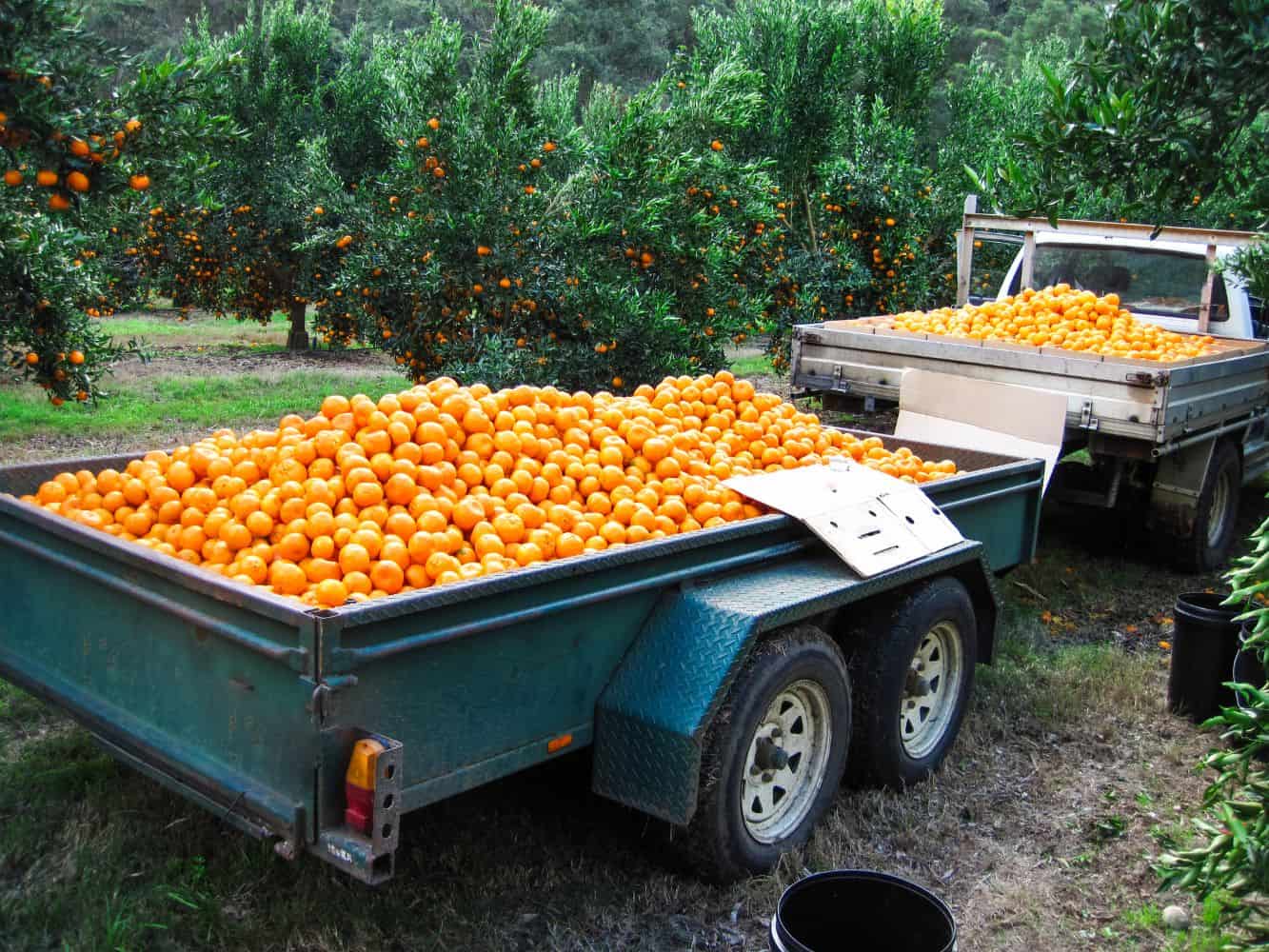The overall economic impact on agricultural exports may be modest, but the Western Cape in particular ‘could face serious disruption’.
Farmers and analysts have raised concerns over the impact of recently announced US tariffs on South African agricultural exports, warning that although the broader effect may be limited, the consequences for specific regions and commodities could be significant.
The issue was highlighted during a panel discussion at Standard Bank Business and Commercial Banking’s Africa Unlocked Conference 2025 – a leading Pan-African event that brings together prominent business leaders and policymakers to discuss the continent’s economic future.
On Monday 7 July US President Donald Trump followed through on his April threats and hit South Africa with 30% tariffs “on any and all South African products sent into the United States”.
Trump confirmed the decision in an official White House letter addressed to President Cyril Ramaphosa – also shared on Trump’s Truth Social platform – stating that the tariffs will take effect from 1 August, unless a new trade deal is reached before August.
South Africa is likely to be hardest hit by the new tariffs on vehicle exports as well as steel and aluminium.
Additionally, agricultural products, previously exempt under duty-free access, will now face the 30% tariff.
ALSO READ: Ordinary South Africans will feel impact of US tariffs
A hit for agriculture
Louw Pienaar, senior analyst at the Bureau for Food and Agricultural Policy (BFAP), says the overall exposure of South African agriculture to the US market is limited – around 4% of total exports – but warns that the impact could be severe in certain sectors and provinces.
“If you can’t export to the US at a 30% tariff, where will you go?” he asks.
“Citrus, for example – if you move citrus from the US, which is a premium market, then it might mean that prices will fall [elsewhere].”
Pienaar made these comments during a panel discussion of the broader exploration of agriculture’s role on the African continent.
Other panellists included Francois Rossouw, MD of Mooigezicht Estates, which produces table grapes for the export market, and Louis van Ravesteyn, head of agribusiness at Standard Bank.
ALSO READ: Trump’s new 30% tariff less about trade and more about power
However, Pienaar points out that there is still uncertainty about who exactly will foot the bill of the higher tariff.
“Nobody is sure who exactly will pay the tariff. Will it be the end consumer? Will it be SA producers? Or will the value chain absorb that?
“I still think it’s going to be a range – if demand is strong enough, the US retailer will pay that. If there’s pushback, it will have to change.”
Even though the overall economic impact of the tariffs on agricultural exports may be modest, Pienaar warns that the Western Cape in particular could face serious disruption. “If you’re a table grape producer and exported 50% of your exports to the US … then it’s going to be a substantial hit.”
ALSO READ: US tariff pause ends on 9 July: Tau says what happens now
Western Cape suffers
Russel Brueton, chief marketing and innovation officer at Wesgro, echoes Pienaar’s concerns, saying the tariff uncertainty was already causing paralysis among businesses in the province.
“The supply chains that have been established cannot be changed overnight. Businesses are struggling to plan.”
Brueton was part of an earlier panel discussion on the impact of trade wars on Africa, along with Pienaar and Standard Bank chief economist Goolam Ballim.
Wesgro, the Western Cape’s agency for tourism, trade and investment promotion, noted earlier that exports to the US from the Western Cape totalled R16.2 billion in 2024 – 8% of total Western Cape exports.
The US is the second biggest export market for the Western Cape. Products that are exported include citrus, wine, and fruit juice.
ALSO READ: China’s clever trade deal with Africa – removal of tariffs on most goods
AfCFTA slow out of the starting blocks
Panellists participating in the trade war discussion reflected on the challenges of intra-African trade under the African Continental Free Trade Area (AfCFTA) agreement .
AfCFTA came into effect on 30 May 2019 after 22 countries ratified the agreement. A trade pilot started in October 2022 involving countries such as Ghana, Kenya, Rwanda and Egypt.
However, challenges remain. The tariff lines of several sectors are still under negotiation, while trade across the continent is hampered by high costs and infrastructure gaps, including inefficient customs procedures and poor cross-border connectivity.
There is also limited awareness among businesses of the benefits of AfCFTA, with many governments seemingly preferring bilateral agreements.
Pienaar expressed disappointment that countries are not prioritising regional trade.
“Angola imports beef from Brazil, while Zambia is an excellent beef producer,” he says.
Ballim notes that Africa’s supply chains remain underdeveloped and fragmented.
“Africa doesn’t consume what Africa produces,” he says, adding that the creation of regional trading hubs rather than a continental approach will serve African countries better.
This article was republished from Moneyweb. Read the original here.
